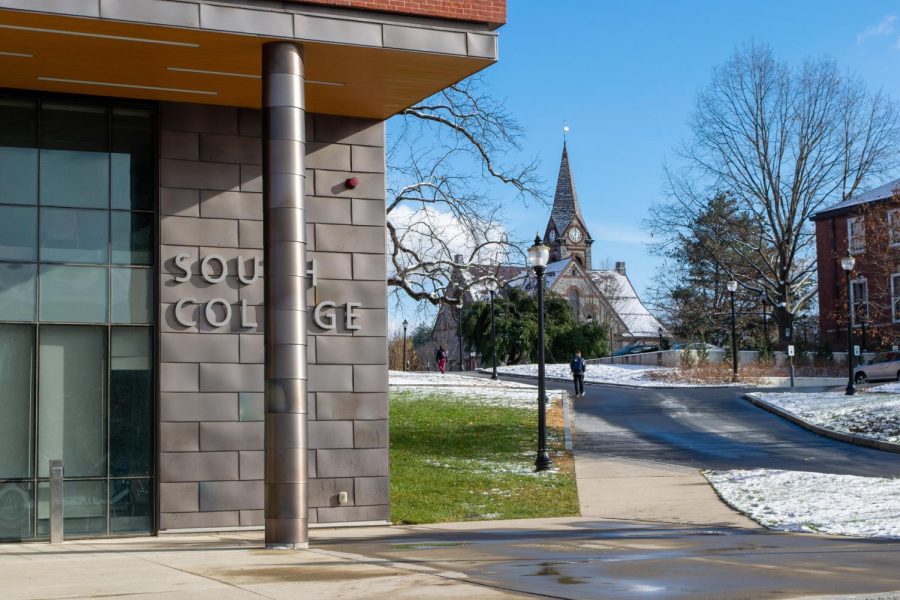The conversation around news literacy in America has been utterly muddled in the past five or six years. The Trump presidency jolted Americans into a political war, with both sides battling their ideals of policy, economy and the like. Naturally, news literacy was compromised during this fight. While the war is technically over, the battle rages on. We news consumers deal with these repercussions on the daily.
First things first, we need to clean our battlegrounds, because unfortunately misinformation and disinformation are everywhere, even if you cannot see it. Misinformation is a more innocent mistake that yields to the carelessness of the distributor, and it can flood the workings of the internet, social media and even old-school journalism.
While misinformation has good intentions behind it, it is still not accurate. We must be skeptical of all information that surfaces.
Disinformation is a much darker reality we now face. It purposely clouds the truth with deliberately fabricated information and news. It has almost become a way of life now, one that was perfected by the Trump administration and spread by its supporters. When a country’s government spreads disinformation, it gives permission to their supporters to do the same. False information steers vulnerable citizens into believing a fantasy agenda, one that intends to create chaos, even if integrity is compromised.
These tactics have been leveraged throughout the COVID-19 pandemic. Science has become a political opinion, not a principle. Many on the right remain stubborn in their unwillingness to wear masks and get a vaccine to keep their fellow Americans safe.
Social media, although it can be used for good, has become a tool for people to spread lies. Facebook has become a catalyst for harmful groups such as QAnon, which seek to twist the very grounds of fact. This comes at a major cost to public health, as right-wing conspiracists use social media to post unfounded “truths” claiming that vaccines are harmful and mask-wearing corrupts freedom. As this disinformation seeps deeper through the internet with each like, share and follow, it becomes harder to undo such reckless thinking.
If news consumers are unsure about a piece of information, they need to think about the likelihood of the claim, where the information comes from and what evidence it provides. These clues can lead to the actual truth, something you could miss if you simply believed what you read or viewed, even if it came from a “reliable” source. By taking just a few minutes to investigate the story, we can all become a little more news literate.
Although it is a small act, news literacy can make a substantial difference in slowing down the chain reaction of impulsivity. Even if a story is not considered mainstream, it is still crucial to follow it as time leads to fact. Realities and perceptions can, and often do, change.
New information can either confirm or deny what we believe to be true and alter our position on the event. We can learn that a case is deeper than we originally saw. That, in turn, helps maintain journalistic virtue. Along with following a story over time, it is imperative that we, as news consumers, recognize biases.
Bias comes packaged in many different forms. It can be sly, obvious or it can even come from within. If we simply read between the lines, the answer can become much clearer, as we can tell which angle the story takes, and if it aligns with the truth of the matter. Recognizing self-bias is just as important because it can overshadow the crux of truth. We must open ourselves up to discovering things that we may not want to hear.
The idea of a world being news literate seems so far away right now. Yet, have hope, because the younger generation will see it through. Part of becoming news literate is using technology and social media appropriately, as it is so easy to get swept away in the battle between right versus wrong, when in fact, we are all on the same side. Disinformation is the real enemy.
The real power lies within depolarization. If we could adjust our mindsets to fight this war together, disinformation would never see the light of day.
Incorporating this in our school systems is essential. An elementary or middle school introductory course on news literacy is a step that would largely mobilize the rebuilding of truth. This, however, would be difficult. We are miles and miles away from a news literate world, but someday, it will be on the horizon. For now, however, we need to raise the white flag in this battle for the greater good of truth.
Caitlin Reardon can be reached at [email protected] and followed on Twitter @caitlinjreardon.




















